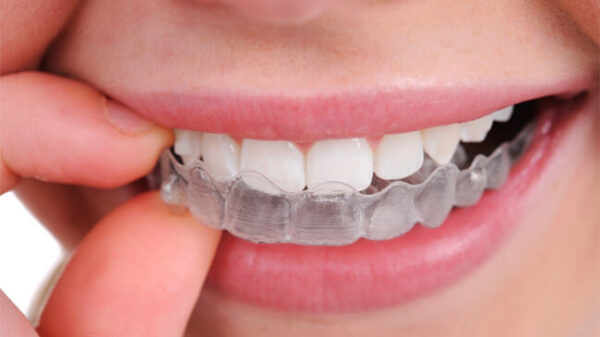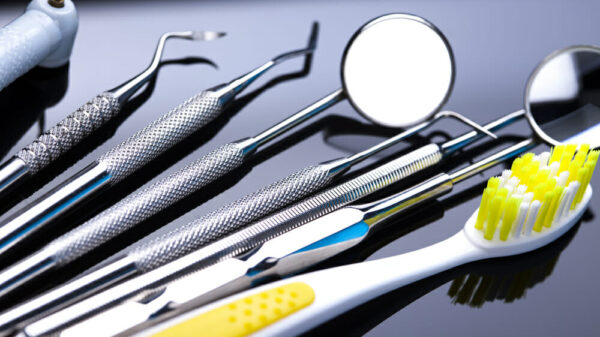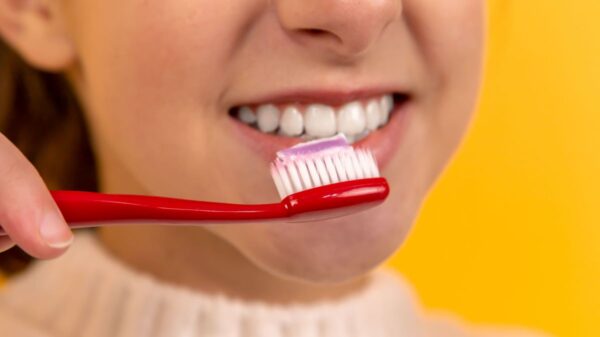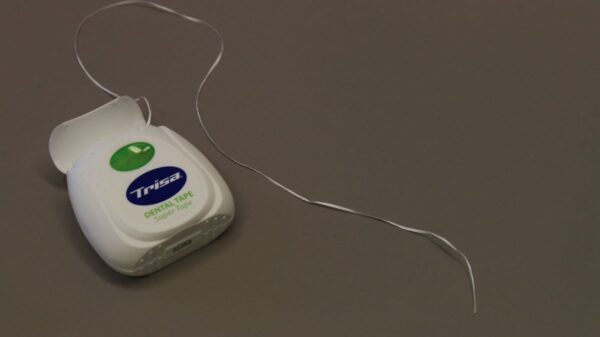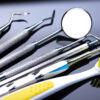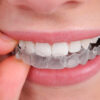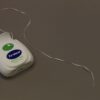Ignoring An Impacted Tooth
If you are experiencing pain in your mouth and jaw, it is important to visit your dentist as soon as possible. You may have an impacted tooth! An impacted tooth is when the tooth has not erupted fully into the mouth. This can cause pain and other problems, so it is important to have it treated as soon as possible. Throughout this article, we will cover everything there is to know about an impacted tooth, including removal, recovery, and possible side effects.
First, let’s talk about what happens if you leave an impacted tooth alone. If you have an impacted tooth, it is important to visit your dentist as soon as possible. Ignoring an impacted tooth can cause several problems, including:
- Tooth decay
- Infection
- Cysts
- Tumors
- Damage to nearby teeth
All of these problems can be very painful and expensive to fix. In extreme cases, ignoring an impacted tooth can even lead to death! So it is important to visit your dentist as soon as you think you may have an impacted tooth.
Now that we know the dangers of ignoring an impacted tooth, let’s discuss everything else you should know about an impacted tooth.
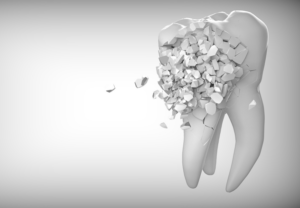
How A Tooth Becomes Impacted
There are 3 common ways a tooth can become impacted.
- The most common way is when there is not enough room in the mouth for the tooth to erupt. This can be due to overcrowding or other problems. Impacted teeth usually occur with wisdom teeth, but it can happen with any type of tooth.
- Another way an impacted tooth can occur is if the tooth is unable to erupt due to a blockage. This can be caused by tartar build-up, gum disease, or something else.
- The last way an impacted tooth can occur is if the tooth gets pushed back into the jawbone. This usually happens with teeth that have already erupted but are then pushed back due to an injury.
Signs And Symptoms Of An Impacted Tooth
There are several signs and symptoms of an impacted tooth. The most common symptom is pain. This can be a sharp pain when the tooth is trying to erupt or a dull ache in the jaw. Other symptoms may include:
- Swelling in the gums
- Bleeding gums
- Bad breath
- A fever
- Difficulty opening the mouth
These are just a few of the symptoms you may experience if you have an impacted tooth. If you are experiencing any of these symptoms, it is important to visit your dentist as soon as possible.
How An Impacted Tooth Gets Worse
So now we know what causes an impacted tooth. However, why and how does it get worse if you ignore it?
- As we mentioned before, ignoring an impacted tooth can lead to tooth decay, infection, cysts, tumors, and damage to nearby teeth. Tooth decay occurs when the tooth is not able to erupt through the gum. This traps bacteria in your mouth and can cause cavities. Infection occurs when the bacteria from the tooth decay gets into your bloodstream. This can cause a serious infection that can be deadly.
- Cysts and tumors are also a possibility if you leave an impacted tooth untreated. Cysts are fluid-filled sacs that form around the tooth. Tumors are abnormal growths of tissue. Both of these can be benign or cancerous.
- Damage to nearby teeth is another problem that can occur if you ignore an impacted tooth. The tooth may put pressure on the nearby teeth and cause them to become damaged. In extreme cases, the impacted tooth can even kill the surrounding teeth.
All of these problems are serious and can be very painful. That is why it is so important to visit your dentist as soon as you suspect you may have an impacted tooth. An impacted tooth is nothing to mess around with. The sooner you get it treated, the better. If you leave it untreated, it can lead to some serious problems. So if you think you may have an impacted tooth, be sure to schedule an appointment with your dentist right away.
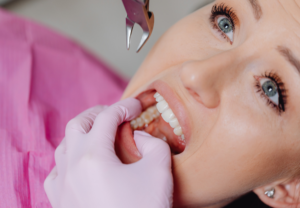
Treatment For An Impacted Tooth
Again, we know what happens if you leave an impacted tooth alone so you must seek treatment as soon as possible. The most common treatment for an impacted tooth is removal. This is a fairly simple procedure that can be done in your dentist’s office. Here is how the procedure to remove an impacted tooth goes:
First, the area around the tooth will be numbed with a local anesthetic. Then, the dentist will use special tools to remove the tooth. In some cases, the dentist may need to cut away some bone to get to the tooth. Once the tooth is removed, the area will be cleaned and stitched up. Your dentist will likely prescribe some pain medication and advise you on how to care for your mouth following the procedure.
If the impacted tooth has been ignored for some time and has become severe, you may need to see an oral surgeon. An oral surgeon is a dental specialist who is trained to remove impacted teeth. The procedure will be similar to the one done by your dentist, but it may be more complicated due to the severity of the tooth.
Recovery From Impacted Tooth Removal
Recovery from an impacted tooth removal is usually pretty easy. Most people only experience some mild discomfort and swelling. You will likely be able to return to your normal activities the next day. However, it is important to follow your dentist’s instructions on how to care for your mouth after the procedure. This will help you heal quickly and avoid infection.
Some of the most common side effects after an impacted tooth removal are:
- Mild discomfort
- Swelling
- Bruising
- Bleeding
These side effects are normal and should go away within a few days. If they persist or become worse, you should contact your dentist. An impacted tooth is a serious problem that should not be ignored. If you think you may have an impacted tooth, be sure to schedule an appointment with your dentist right away. With early treatment, you can avoid some serious problems down the road.
Costs Associated With Impacted Teeth Removal
While the cost of an impacted tooth removal can vary, it is generally a fairly affordable procedure. The cost will depend on factors such as the severity of the tooth, whether you see a dentist or an oral surgeon, and your location. In most cases, dental insurance will cover at least a portion of the cost if not all.
If you are concerned about the cost of impacted tooth removal, be sure to talk to your dentist about payment options. Many dentists offer flexible payment plans that can make the procedure more affordable.
Although the cost may be a concern, don’t wait to get your impacted tooth removed. The sooner you do, the better. With early treatment, you can avoid higher costs and more serious problems down the road.
Final Thoughts
To summarize, an impacted tooth is a tooth that has not erupted through the gum line. This can happen for a variety of reasons, but it is most often due to crowding. If you leave an impacted tooth alone, it can lead to some serious problems. Some of these issues include pain, infection, and damage to nearby teeth. That is why it is so important to seek treatment as soon as possible.
The most common treatment for an impacted tooth is removal. This procedure is usually pretty simple and can be done in your dentist’s office. Recovery from the procedure is usually pretty easy, with most people only experiencing mild discomfort and swelling. The cost of the procedure will depend on factors such as the severity of the tooth, where you live, and your dental coverage.
If you think you may have an impacted tooth, don’t wait to get it checked out. With early treatment, you can avoid more pain and serious damage to your mouth. Thank you for reading, we hope this article was helpful to you!
Related Questions
Will an impacted tooth go away on its own?
Unfortunately, no. An impacted tooth will not go away on its own. It will only get worse if it is left untreated. That is why it is so important to visit your dentist as soon as possible if you think you may have an impacted tooth.
Can children get impacted teeth?
Yes, children can get impacted teeth. This is most common with wisdom teeth, but it can happen with any tooth. If you think your child may have an impacted tooth, be sure to schedule an appointment with their dentist right away.
Is a cavity the same as an impacted tooth?
No, a cavity is not the same as an impacted tooth. A cavity is a small hole in the tooth that is caused by decay. An impacted tooth is a tooth that has not come through the gum line correctly and is stuck beneath the gum.
Does a removed impacted tooth leave a hole?
No, a removed impacted tooth does not leave a hole. The dentist will clean the area and stitch it up. You may have some swelling and discomfort, but there should not be a hole left where the tooth was removed.




